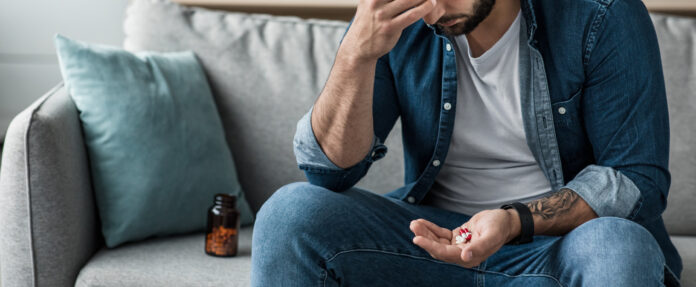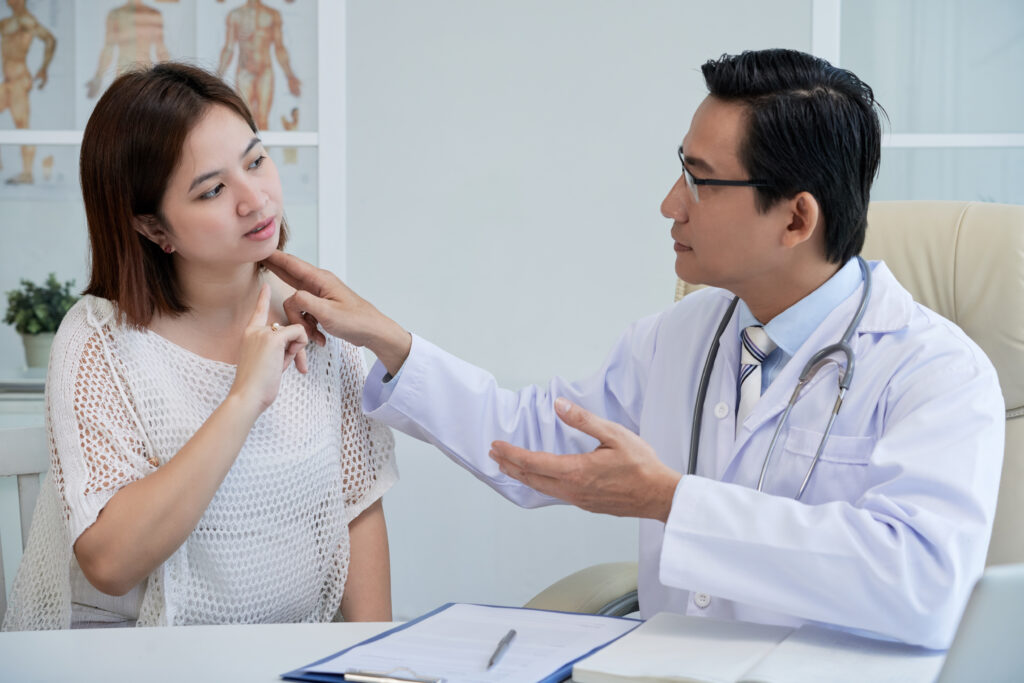
Introduction: What is Chronic Pain and How Does it Work?
Chronic pain is a long-term condition that can be associated with any number of diseases. It is not just a symptom of an illness but also a disease in its own right.
Chronic pain is an incredibly difficult condition to manage and it can lead to opioid addiction. There are many different ways to treat chronic pain, including physical therapy, cognitive behavioral therapy, and medication.
Opioid addiction has become one of the leading causes of death in the United States.
How to Help with Chronic Pain without Opioids?
The opioid epidemic has been a growing concern in America. It is estimated that around 142 Americans die every day due to an opioid overdose.
Chronic pain relief without opioids is one of the most common ways to help with chronic pain. There are many natural alternatives for chronic bac that can be used to help with this issue.
Opioids are powerful painkillers and are prescribed for severe, long-term pain such as cancer or end-stage arthritis. However, opioids have been shown to be highly addictive and can lead to physical dependence or addiction in some cases.
How to Help Patients with Chronic Pain without Opioids?
The opioid epidemic has been a hot topic for the past few years, especially with the increase in overdose deaths. With this in mind, a new study from the University of Pittsburgh Medical Center has found that there is a way to help patients with chronic pain without using opioids.
The study showed that patients who used acupuncture and tai chi had less pain and less opioid use than those who did not. This is because acupuncture and tai chi are non-invasive treatments that can help increase endorphins which can reduce pain.
The authors of the study suggest that these non-invasive treatments should be offered as an alternative to opioids as they are safe, inexpensive, and have more benefits than opioids alone.

What are the 5 Ways to Help Chronic Pain Patients without Opioids?
Chronic pain is a condition that can cause a lot of distress and make it difficult for patients to go about their daily lives. There are many ways that you can help chronic pain patients without opioids.
- Give them your time: Make sure to spend time with them and listen to what they have to say.
- Offer Physical Therapy: Offer physical therapy for their muscles, joints, and tendons.
- Offer Emotional Support: Offer emotional support by talking about how you feel and how you know they are going through a difficult time in their life right now.
- Provide Pain Management: Provide pain management by teaching them coping strategies and showing them ways they can manage the pain without medication.
- Provide Alternative Therapies: Provide alternative therapies such as massage or acupuncture.
What are the Natural Remedies That Can Help with Neck & Shoulder Pain?
There are many natural remedies that can help with neck and shoulder pain. Some of these remedies include:
– Massage therapy
– Acupuncture
– Yoga
– Rest and relaxation
What are the Natural Remedies That Can Help With Rheumatic Arthritis & Osteoarthritis?
There are a lot of natural remedies that can help with rheumatic arthritis and osteoarthritis. Some of them are:
– Massage Therapy
– Acupressure
– Yoga
– Meditation
– Herbal Medicine
Conclusion: Start Using These 5 Tips Today to Help Your Patients and Save Them From the Aftermath of Opioid Overdose
In the United States, opioid overdose is a leading cause of death. Doctors are not the only ones who can help patients avoid this tragedy.
The five tips mentioned in this article will help you treat your patients and save them from the aftermath of an opioid overdose.
1) Educate yourself on opioids and addiction.
2) Ask about drug history before prescribing opioids to your patients.
3) Educate yourself on how to reverse an opioid overdose.
4) Check for signs of drug abuse in your office.
5) Get emergency medical assistance as soon as you suspect an opioid overdose.



